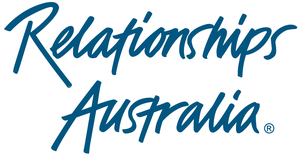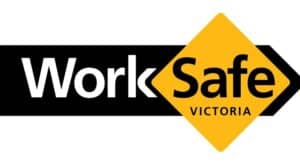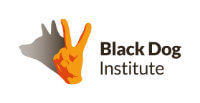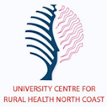
The time and space to reflect
As we’re about to finish our first clinical supervision zoom session, I ask my supervisee how she felt we went.
‘You know, I’m really grateful to have this space to reflect on my work,’ she replies. ‘To talk about how I’m going; how the job is; what I’m thinking and feeling. This process helps me work things out. Reflection is so important.’
And she’s right. In our jobs we need time and space to stop and pay attention to ourselves and what we do. To talk about how the work and the workplace is effecting us. Because it does.
On another day, I sit with a staff group who provide a range of services to people with mental health and drug and alcohol issues. Their jobs are tough at the best of times. Those who come to them for help have multiple and complex needs. Resources are thin on the ground. The workload is great and organisational events have made the workplace feel strained, uncertain.
At the beginning of the session, I ask each of them how they are; how they’ve been and to reflect on their own experience of recent weeks. As their stories unfold, together we try to make sense of what they are going through. Then we discuss what they need and what they can do to move forward.
And as always, I enquire about their wellbeing. How they take care of themselves and each other. How they restore the energy a workday can take. And through these reflections they connect; share ideas, support each other and come together as a whole. I also ask them to tell me what keeps them coming to work. What brings them back every day despite the distress they feel. They talk about shared values and experiences. The commitment they’ve made to this job; the service. There is a collective sense of ‘we believe in the work; our clients are what we are here for; we belong to a team. The team is important to us.’
Reflection isn’t always easy
In my own supervision I am familiar with the process of looking inside myself. And I ought to be – I’ve had many years practice since the beginning of my career. Through my varied roles and workplaces, I’ve been blessed enough to have had the one consistent professional I can trust to help me reflect on the work I do and how it touches me.
But reflection on self isn’t a natural skill. Nor is it easy for everyone. It’s a learned ability and some of us have had better role-models and teachers than others. In addition, some of us carry our own traumas that rightfully organise us to contain ourselves and to be weary of the potential to open up painful events. Yet paradoxically it is these painful events that we grow from, that are important to talk about – albeit in the right forum with the right support. Because it is also these events that help us become the caring professionals we are.
Reflection on self for both wellbeing and professional practice is crucial. Paying attention to our own thoughts and feelings, checking in with ourselves at critical moments through the day. Participating in clinical supervision and forums for reflection on practice. But I’m also talking about a level of reflection that requires looking beneath the surface of who we show ourselves to be as professionals. We need to journey inward to the parts of who we are that manifest in our roles at work. It’s a deep dive into self that takes time to hone; that builds internal resilience, a strong sense of self and a deep and genuine knowledge of who we are. And it’s a career-long, if not life-long process. Because there is always more to learn about self.
Keeping in touch with yourself
In the business of caring for others who are traumatised and frequently marginalised, we know our own care must be a priority. With so many competing demands on our time it can be hard some days to remember this. But the physical and emotional impact of caring takes its toll. When we are attuned to ourselves through the process of regular reflection we are in a better position to take intentional care of our own needs, our own pain. Our uncertainties.
It’s 8.30am. I’m about to leave home ahead of a long-work day. I’ve been racing through the morning just to get to this point. I jump into the car. But before I start the ignition I stop and remember to take a minute to check in with myself. I pay attention to what I am feeling inside myself – rushed, breathless, tight in my neck and shoulders and a little anxious about what the work today will bring. Will I get through and do a good enough job,? I ask myself.
Closing my eyes for a minute I take a deep breath in. Slowly I blow out. My shoulders drop, my neck softens. I wriggle my body into the support of the car seat beneath and behind me and feel the floor under my feet.
Then my inner voice and sometimes coach of my wellbeing says: ‘you’ll be fine today, Tessa. Now you’re ready to go.’
Helpful Wellbeing Links and Websites









